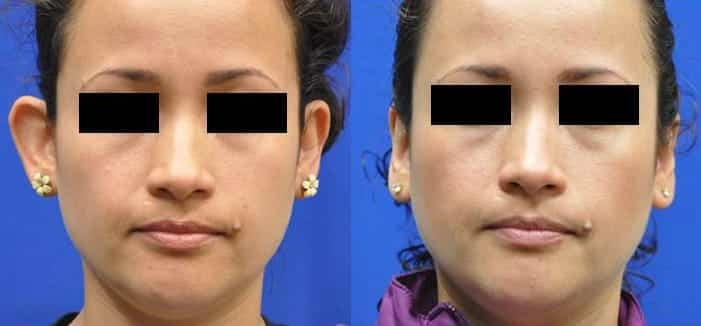Otoplasty refers to surgery that changes the shape of the ears. The most common type of otoplasty is “pinning” back the ears. This procedure is indicated for patients who feel that their ears “stick out” too far from their head. The other common indication for otoplasty is to treat ears with abnormal folding, particularly those in which the upper portion of the ear is folded downward. Otoplasty can be performed under local anesthesia with a reasonably short recovery time postoperatively. The surgery involves a well-hidden incision made behind the ear, followed by the placement of permanent sutures to pin back or fold the cartilage of the ear.
Pre-Op Visit
After this initial consultation, you would return for a preoperative visit, two or three weeks before your surgery. Dr. Mehta will again go over your list of medications and supplements, as it is usually necessary at this time to discontinue any products that can increase the risk of bleeding during or after the surgery. These include, but are not limited to, aspirin, ibuprofen, heparin, warfarin (Coumadin), Plavix, vitamin E, fish oil and numerous other supplements. The decision to stop any of these prescription or over-the-counter products is made in conjunction with your primary physician. Medical clearance and other tests may need to be obtained, depending on your age.
Dr. Mehta and Shannon will give you prescriptions for your pain medication and antibiotic (or call your pharmacy) as well. This allows you to pick up these important medications prior to your surgery, so that postoperatively, you and your caretakers can rest and concentrate on your recovery. Dr. Mehta will advise you to pick up Arnica Montana and Bromelain, two homeopathic products which reduce bruising after surgery. These are taken as directed, beginning immediately after surgery. You will be given detailed preoperative and postoperative instruction pamphlets, to read prior to your surgery. It is important to avoid alcohol for three days leading up to your surgery. Lastly, you will have the opportunity to spend time with the surgical coordinator to answer any logistical questions related to your surgery. Your final surgical fees are settled at this visit as well.





